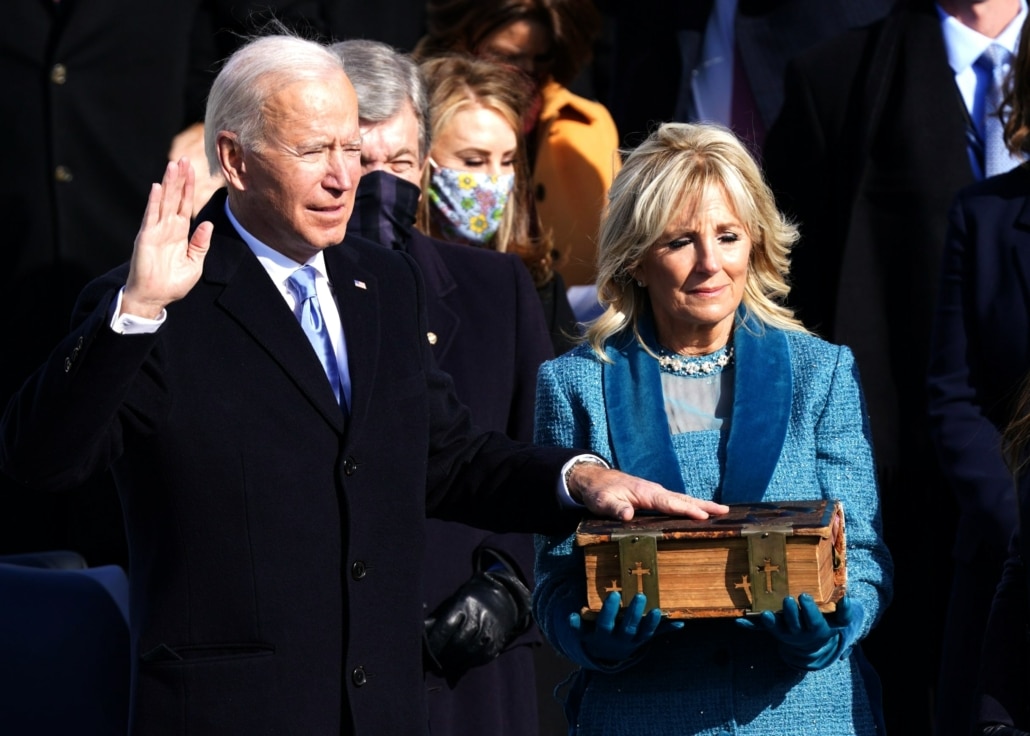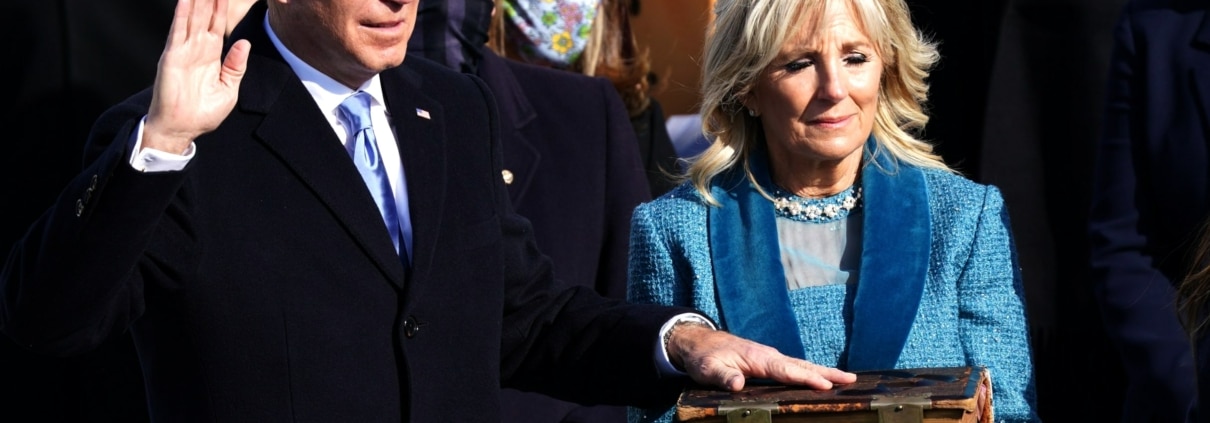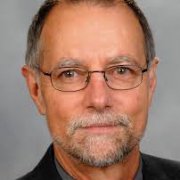American Unity Starts with the Truth

President Biden made a passionate appeal for unity in his inaugural address Wednesday, saying, “My whole soul is in this: bringing America together, uniting our people, uniting our nation. And I ask every American to join me in this cause.” Those words reflect Biden’s character and temperament. He seeks common ground, not confrontation. This is a welcome and much needed type of leadership, but one that will be sorely tested as the new president inherits a deeply divided country mired in partisan squabbles and competing visions of the truth.
As he assumes office, Biden’s supporters are debating how to address Donald Trump’s many misdeeds and possibly illegal conduct—for example, in inciting the January 6 attack on the Capitol. On one side are those who demand full accountability, including the imminent impeachment trial in the Senate, as well as criminal investigations in New York, Georgia, and Washington, D.C. On the other side, some Biden supporters echo the new president’s call for healing and counsel moving forward to reunite our divided land.
Fueling the rejection of the facts is the intransigence of too many Republican leaders.
There are important lessons we can learn from other countries, places like Chile, South Africa, and the former Yugoslavia, which have emerged from dark periods of political division and authoritarian rule over the last three decades. In modern times, our country hasn’t faced a military takeover or ethnic cleansing. But as these other countries have done, we now must find the right balance between seeking meaningful accountability for past abuses and building a more inclusive democratic future. Perhaps the most important lesson learned from these societies in transition is the value of establishing the truth about past wrongdoing and obtaining a clearly articulated public acknowledgement of that truth by those in power.
One of the early advocates of this kind of public acknowledgement was Jose “Pepe” Zalaquett, a Chilean lawyer who was one of the premier figures in the human-rights movement in Chile during and after the military dictatorship that held power from 1973 until 1989. Forced into exile after his imprisonment by Chilean strongman Augusto Pinochet, Zalaquett later served as the Deputy Secretary General of Amnesty International in London. Beginning in the 1980s, he helped shape the global human-rights landscape, including on transitional justice. Zalaquett led an important early discussion on the balance between accountability and reconciliation at a conference organized by the Aspen Institute in 1988, in which I participated. It brought together a group of lawyers, philosophers, and human-rights activists from around the world.
At that meeting, Zalaquett, who later would lead Chile’s Truth and Reconciliation Commission, hammered home the singular importance of official acknowledgement of the truth as the key to moving forward. In a later interview at The Ford School at the University of Michigan in 2010, Zalaquett explained that “acknowledgment is very important in the sense that you say, ‘This is wrong.’ Now, we admit that we did it, and we shouldn’t have done it, it would never happen again, we will take the [corrective] measures.”
As President Biden seeks to unify our country, he faces this stark reality. According to a Vox and Data for Progress poll taken earlier this month, 72 percent of Republican voters continue to question the November election results. Another recent poll from Quinnipiac found that 73 percent of Republicans believe there was widespread voter fraud. Even among independents, 42 percent said they still do not trust the election results.
Subscribe to the Ethical Systems newsletter
Fueling this rejection of the facts is the intransigence of too many Republican leaders, especially in Congress, to acknowledge the truth about the election. A recent colloquy in the U.S. House of Representatives between Jim Jordan (R.-Ohio) and Rules Committee Chairman Jim McGovern (D.-Mass.) perfectly captures the problem.
Jordan denounced the impending impeachment of former President Trump as an impediment to unity. “We should use this time to bring our country together,” he urged. After he concluded, McGovern asked him a simple question: “Will you admit that Joe Biden won the election fair and square, that the election was not stolen”? Jordan refused to answer. He focused instead on the procedural aspects of the January 6 certification process and his objections to the “unconstitutional way that several states conducted their election.” McGovern repeated his question several times, but each time, Jordan refused to acknowledge the truth. Finally, and reluctantly, all that Jordan was willing to say was that Joe Biden “is going to be the president.”
President Biden eloquently summed up the need for official acknowledgment of the truth in his inaugural address when he said: “Recent weeks and months have taught us a painful lesson. There is truth, and there are lies, lies told for power and for profit. And each of us has a duty and responsibility, as citizens, as Americans, and especially as leaders, leaders who have pledged to honor our Constitution and protect our nation, to defend the truth and defeat the lies.” So in the coming days it is essential that we work to establish a shared truth as an essential foundation for national unity and moving forward, truth that is acknowledged by our leaders across the political spectrum.
Michael Posner is the Jerome Kohlberg professor of ethics and finance at NYU Stern School of Business and director of the Center for Business and Human Rights. Follow him on Twitter @mikehposner.
Reprinted with permission from Forbes.
Lead image: mccv







